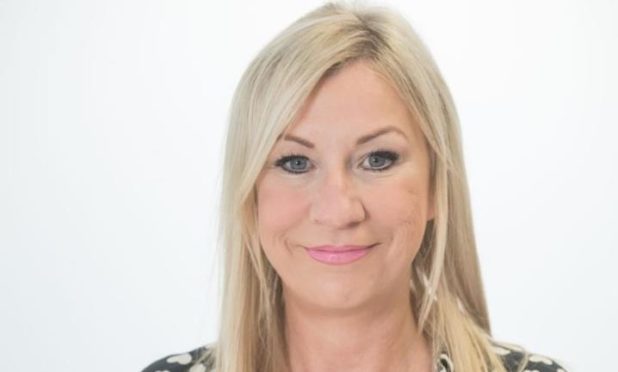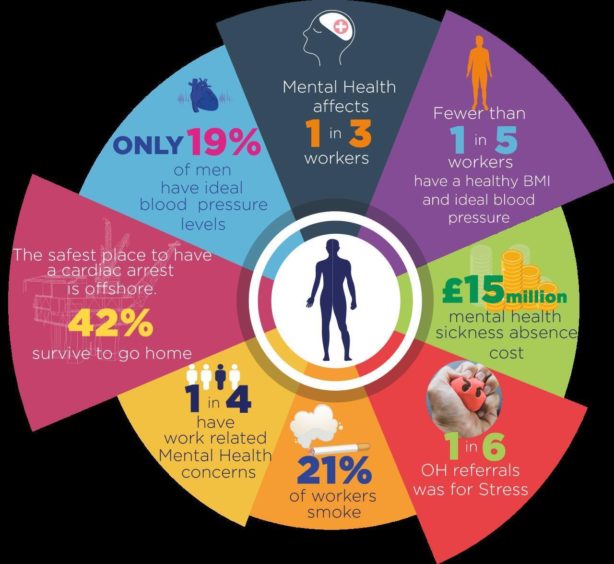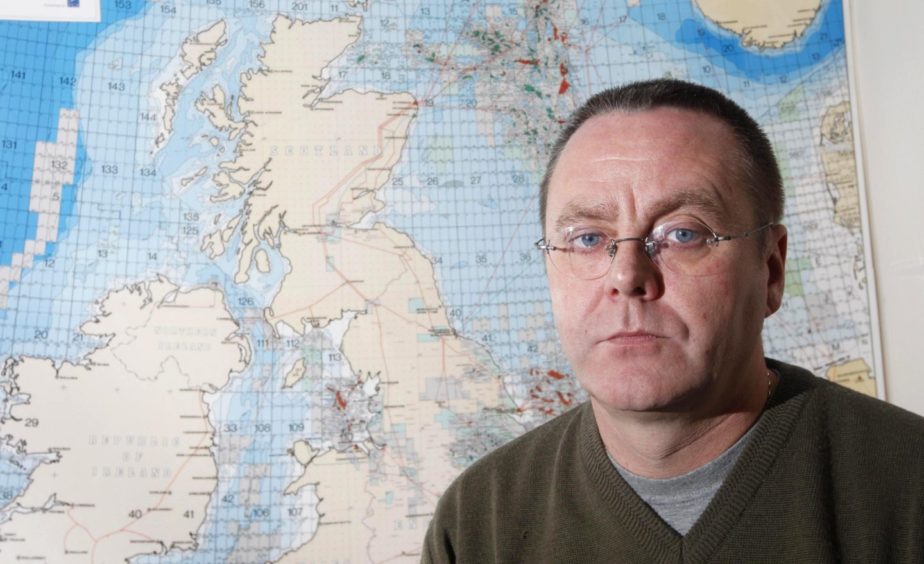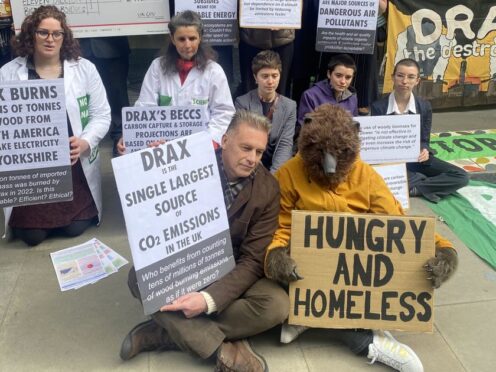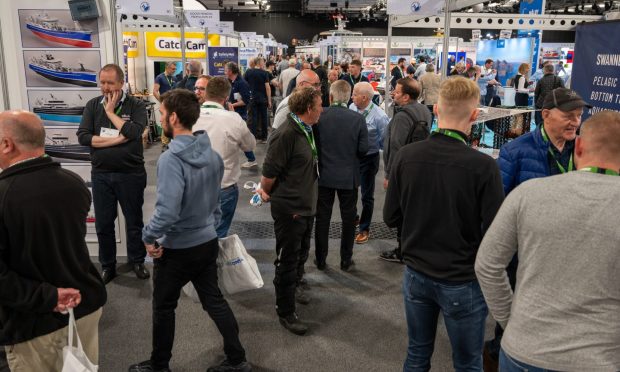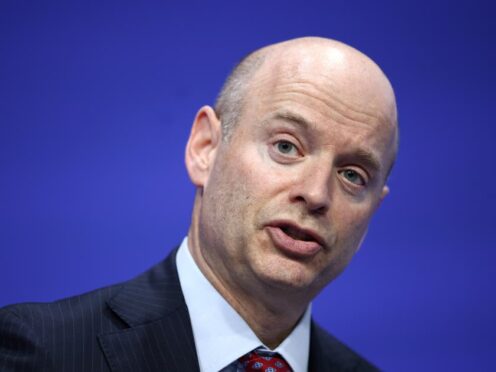A new report has highlighted mental health as an increasing concern for the North-sea energy sector’s workforce.
Aberdeen-headquartered healthcare firm International SOS collected findings from 51,500 workers in a bid to get a overview from offshore workers.
Mental health accounted for 29% of all consultations. Of those, more than half (52%) cited stress as the main factor in their mental health and one in four of these cases is work-related.
Dr Louise Slaney, International SOS medical director and author of the report, said: “Never before has health and wellbeing been in such sharp focus. The global coronavirus pandemic has changed the way we think, work and act.
“Indeed, the price we are paying to ensure the health and safety of the population during this unprecented crisis will be felt for years to come.
“While no one can put a price or a value on human lives, we do know the cost of poor health and wellbeing to a business.”
Indeed, the price we are paying to ensure the health and safety of the population during this unprecented crisis will be felt for years to come.
Dr Louise Slaney, International SOS medical director
The report, based on data gathered in 2019, states mental health is the number one reason for sickness abscence in the UK.
With almost 70,000 days lost to absence due to mental health issues in 2019 at a cost of over £14 million, the impact in terms of productivity and profitability are well-documented.
Mental health issues associated with increasingly cramped conditions offshore
Jake Molloy, regional organiser of the RMT union, was unsurprised by the findings.
He said: “We’ve been saying for some time now about mental health issues, primarily associated with the increasingly cramped conditions on a lot of offshore installations.
“Many operators have moved from traditional two man cabins to three man cabins and more and more workers are being pressed into cabin sharing.
“We believe that it detracts from the ability to deal with a quality rest and fatigue and prevents workers from having that time that everybody enjoys to wind down in your own space.
“The findings don’t come as a surprise as it’s been an issue for some time.”
The findings don’t come as a surprise as it’s been an issue for some time.”
Jake Molloy, RMT Union regional organiser
The report also found that cardiovascular issues were the main cause of medevacs and that the majority (41%) of cases involved males between the age of 55-64. Nevertheless, the group found that offshore may be one of the best places to be for people who have heart attacks as 42% survive to go home. This compares to British Heart Foundation figures which find that chances of surviving cardiac arrest outside of a hospital are low at 1 out of ten.
Obesity also on the rise
Further complicating matters is the increasing rate of workers being classed as obese or overweight, with almost 75% of offshore workers recording a BMI of over 25. A healthy BMI is classed as between 18.5 and 24.9, with the number of people within this range steadily declining since 2005. The average passenger size has increased by 20kg between 1980 and 2020, from 75kg to 95kg.
International SOS is now set to launch its “Hearts and Mind” campaign to help employers shape and roll out the correct healthcare strategies that will combat these health problems by effectively allocating resources and promoting early intervention.
Our analysis has shown that heart problems and mental health are the biggest risks facing the industry and its workforce.”
Dr Slaney said: “Our analysis has shown that heart problems and mental health are the biggest risks facing the industry and its workforce.
“Both of these can be reduced through preventative measures and we will be launching a Hearts and Minds campaign to roll-out the strategies employers can adopt to improve the health of their employees.
“This invaluable data provides our clients and the industry with insight to effectively allocate resources, promote early intervention and improve the overall health of the workforce.”
